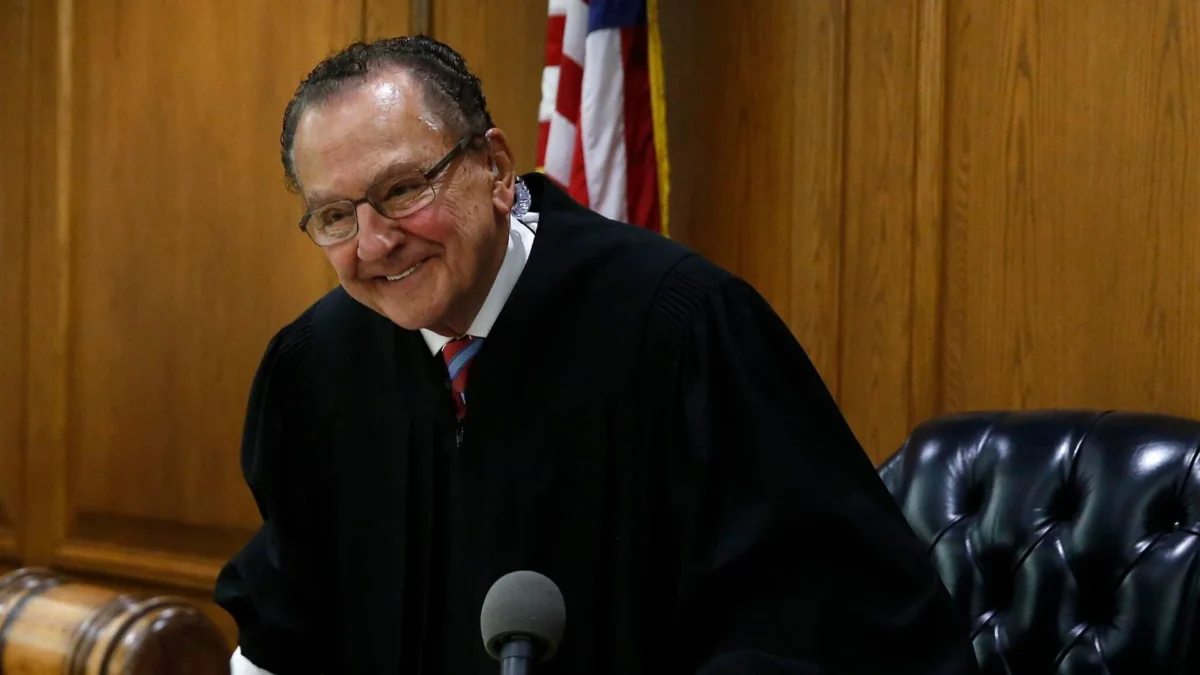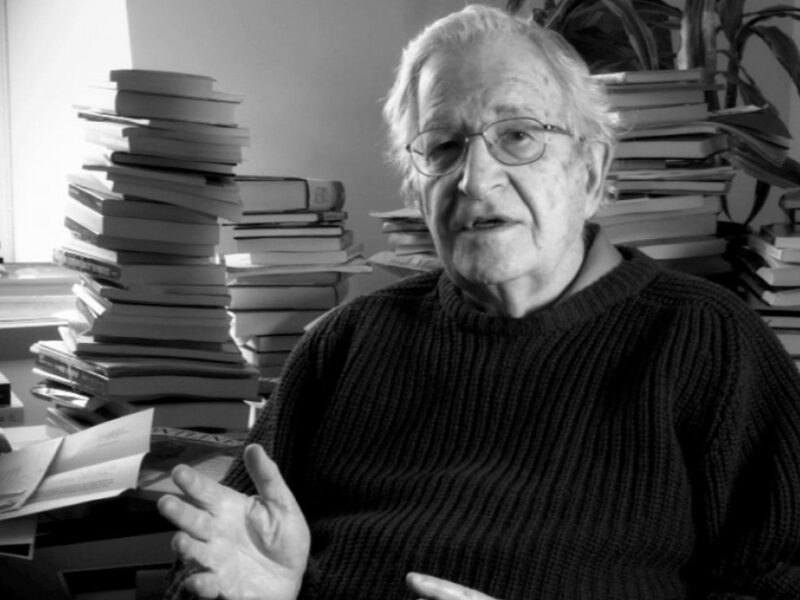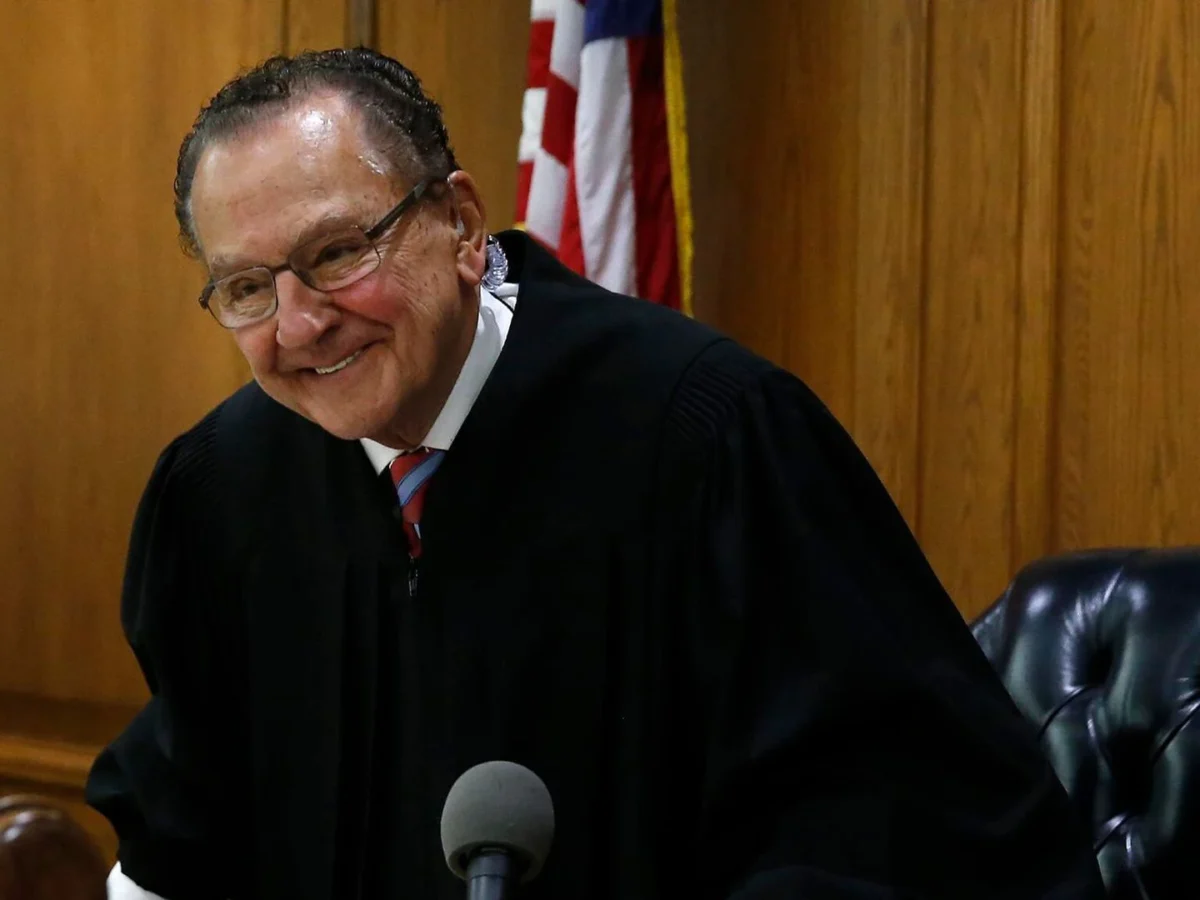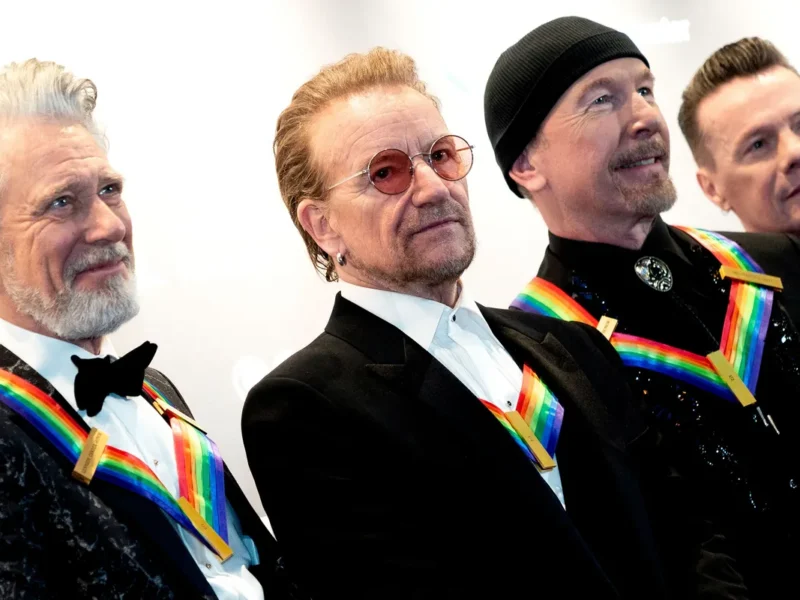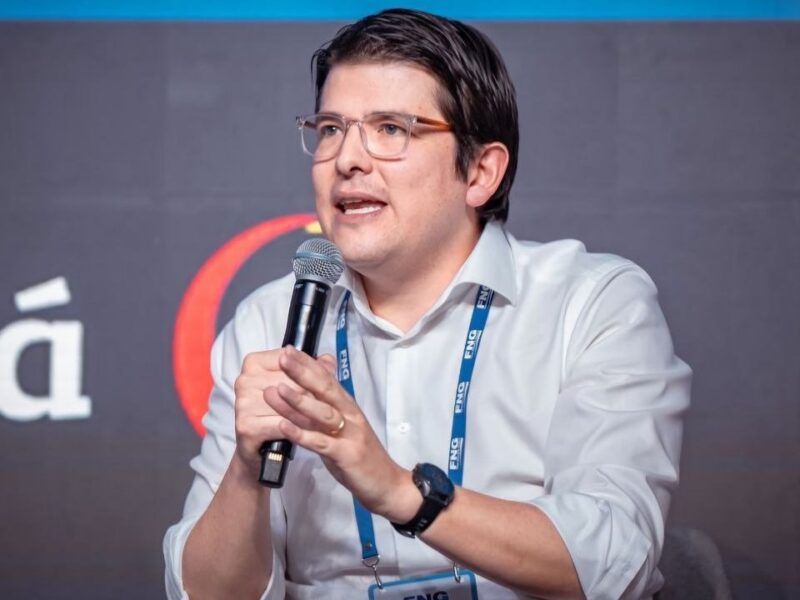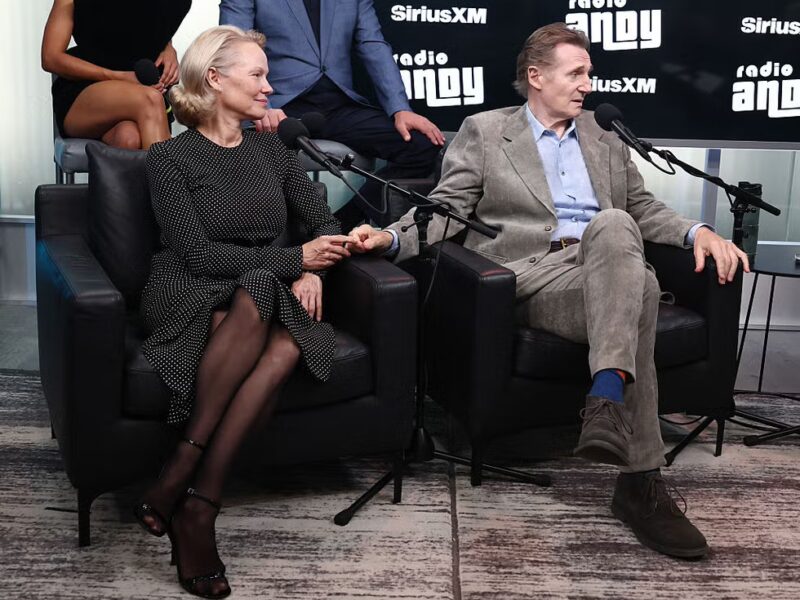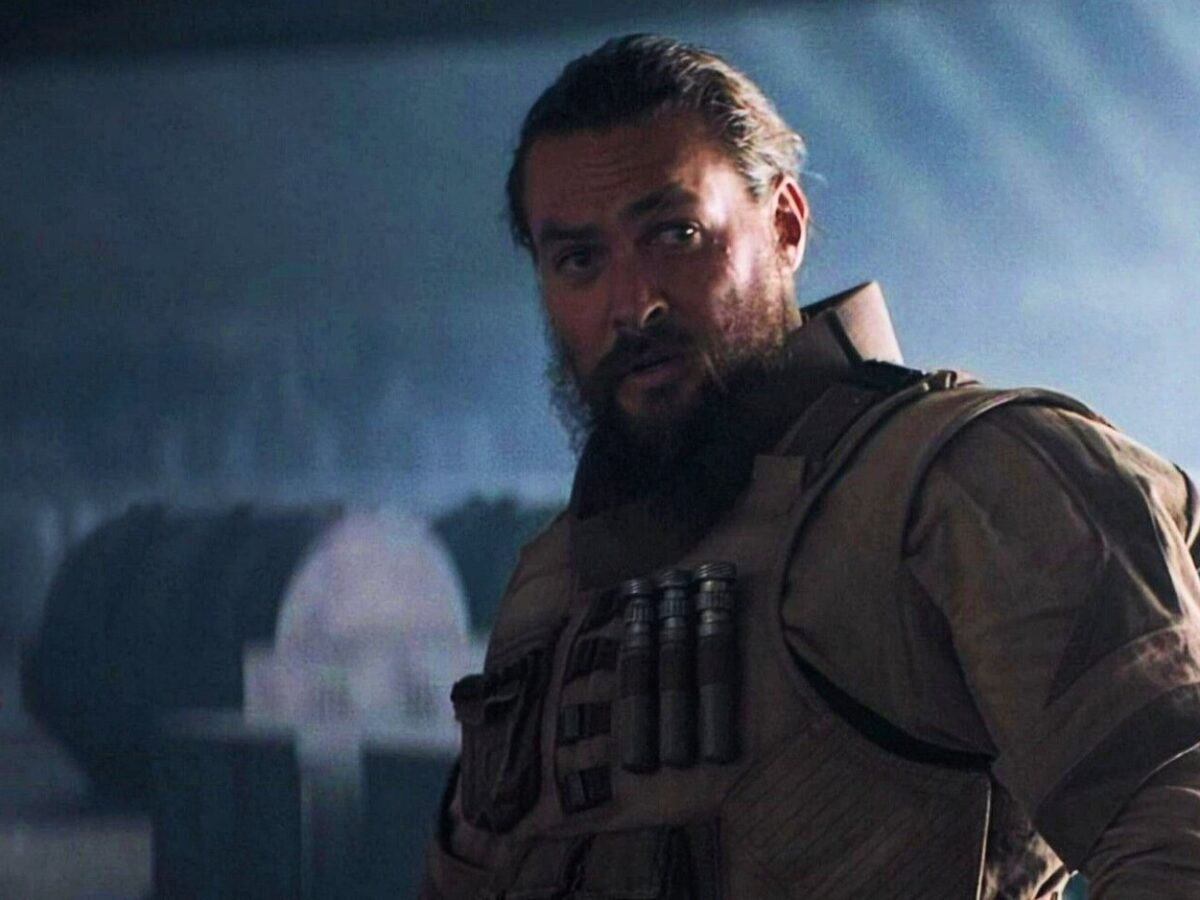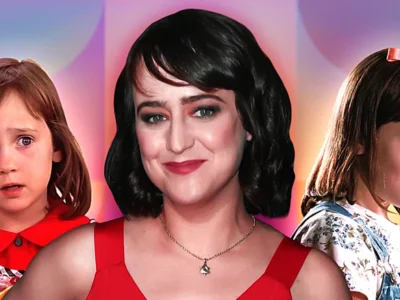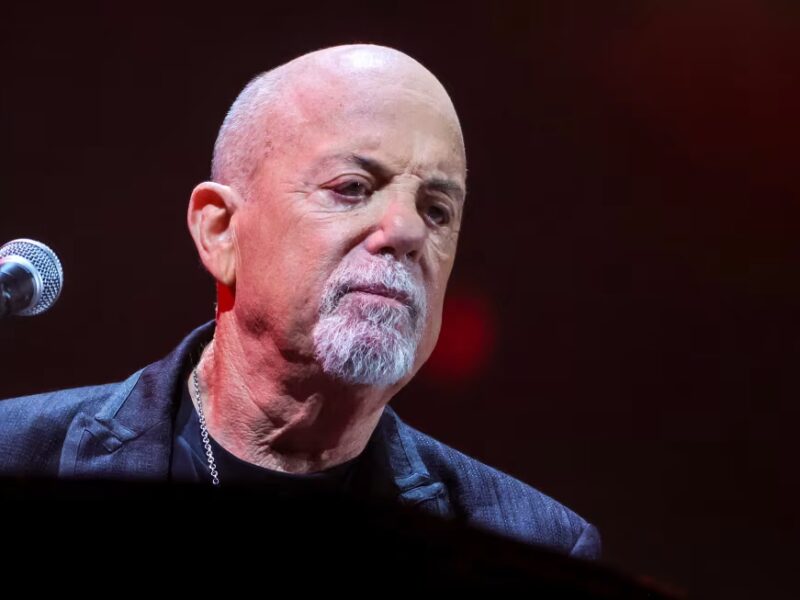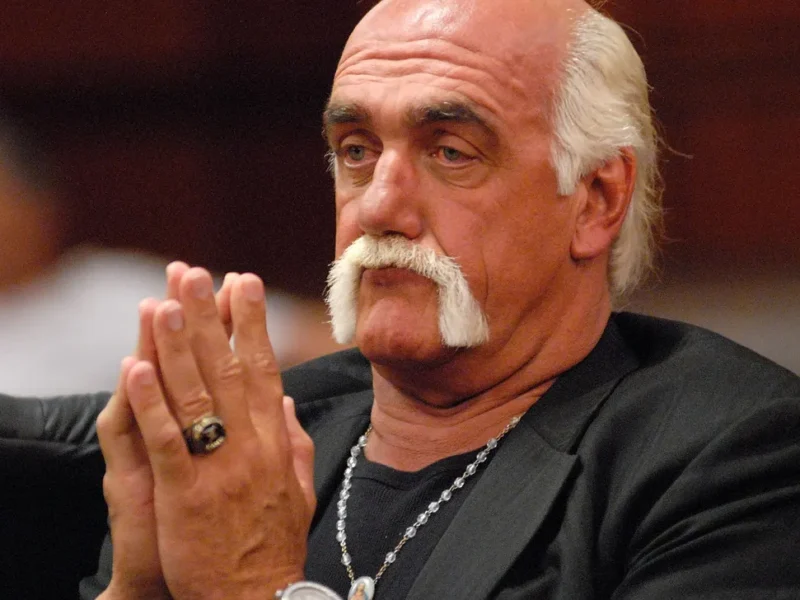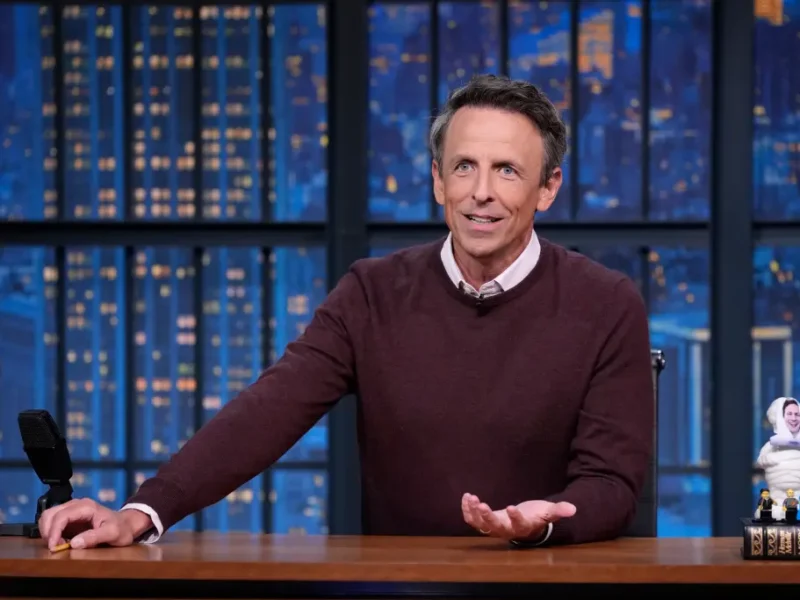Who was Judge Frank Caprio?
Frank Caprio, the Rhode Island jurist whose gentle courtroom manner turned everyday infractions into lessons in empathy, has died at 88. His family said he passed away peacefully after a long and courageous battle with pancreatic cancer. The news prompted tributes for the man many called the internet’s kindest judge. Best known to millions from Caught in Providence—the local show that went worldwide—Caprio’s quick wit and habit of asking about a defendant’s life circumstances made him a rare crossover figure: a judge who felt like a teacher and neighbor.
What happened to Judge Frank Caprio?
The family announced that Judge Frank Caprio died on Aug. 20, 2025, after years of treatment for pancreatic cancer. Hours earlier, a moving farewell video—recorded from his hospital bed—circulated on social platforms, where Caprio thanked viewers for their affection and asked to be remembered in their prayers. That final message echoed the themes he brought to the bench: dignity, humor and the belief that context matters. Caprio’s service to Providence stretched nearly four decades, culminating as Chief Municipal Judge. Colleagues describe a careful listener who balanced the letter of the law with the realities of working families. He often invoked his parents, both Italian‑American immigrants, as the moral compass that shaped his courtroom.
How did Caught in Providence change TV and the way we see courts?
The series began as a modest local‑access experiment and evolved into a syndicated show with massive social reach. The format was simple: minor traffic cases, candid questions and a judge who looked for the person behind the ticket. Clips—like the moment he let a child help decide a parent’s fine—became appointment viewing on Facebook, YouTube and later TikTok, where younger audiences discovered a justice system that could listen first and rule second. That visibility rested on decades of civic work. Before the bench, Caprio taught in public schools, served on the Providence City Council and enlisted in the Rhode Island Army National Guard (1954–1962). When Caught in Providence entered national syndication in 2018, it brought municipal‑court reality to living rooms across the U.S., but Caprio never treated the cameras as the point; the human story was. Even after his retirement in 2023, the show’s archive kept circulating, reinforcing a credo he repeated often: the law can have a heart.
Where can viewers revisit his best moments, and what will endure from his legacy?
Short answer: official Caught in Providence channels host full hearings and compilations that capture his tone—curious, patient, lightly comic, ultimately fair. Signature cases resurface this week, from forgiven fines when a defendant was caring for a sick parent to creative payment plans for people living paycheck to paycheck. The longer view is institutional. Law schools use his clips to teach judicial discretion; civics teachers use them to discuss the difference between rules and fairness; and community courts across the U.S. cite his example when designing problem‑solving dockets. Providence leaders are considering memorial scholarships and public tributes in his name. The enduring question for courts everywhere: will more judges adopt the Caprio method—fact‑finding that starts with listening?


